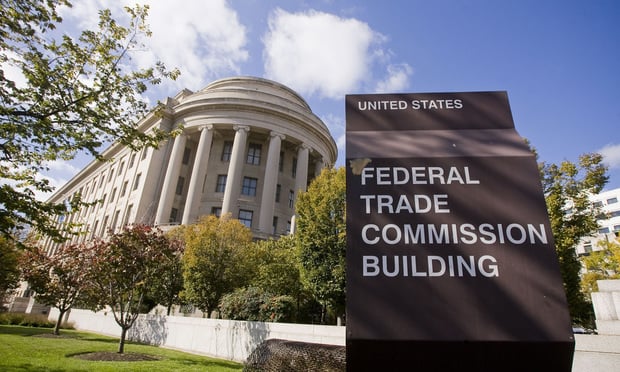The U.S. Supreme Court on Monday did more than rule that the Sixth Amendment requires unanimous jury verdicts in state court criminal trials. In highly fractured opinions, the justices appeared to lay down markers on their future willingness to stand by divisive prior decisions, such as the landmark Roe v. Wade abortion ruling.
The justices’s 6-3 decision in Ramos v. Louisiana provoked five separate opinions, with unusual lineups, focused primarily on whether to abide by so-called stare decisis—adherence to precedent—or to overrule the 1972 precedent in the case Apodaca v. Oregon, which allowed nonunanimous verdicts in felony criminal trials.


 Justice Samuel Alito Jr. testifying before Congress in 2019. Credit: Diego M. Radzinschi / ALM
Justice Samuel Alito Jr. testifying before Congress in 2019. Credit: Diego M. Radzinschi / ALM






